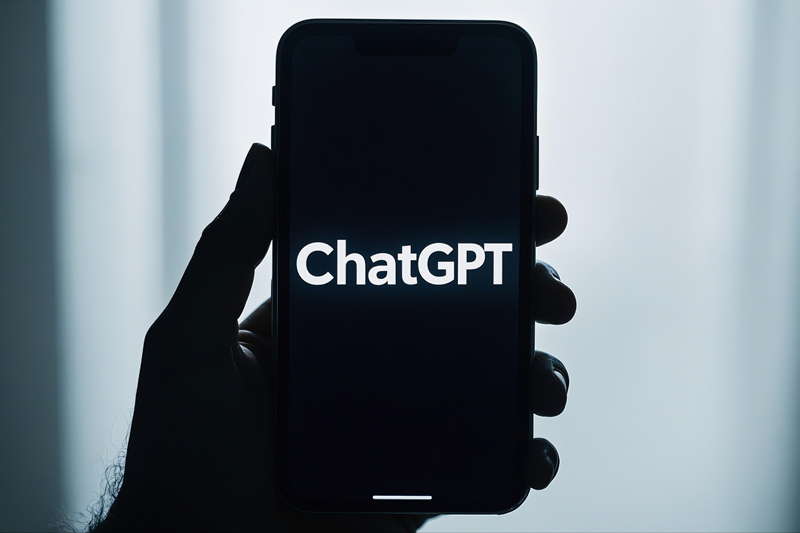ChatGPT Misleads Man into Bromide Poisoning, Sparks Health Warning
Man Hospitalized After Following ChatGPT's Dangerous Dietary Advice
A disturbing case from the United States has raised alarms about the dangers of using artificial intelligence for medical advice without professional oversight. A 60-year-old man developed bromide poisoning after radically altering his diet based on recommendations from OpenAI's ChatGPT chatbot.

Image source note: The image is AI-generated, and the image licensing service provider is Midjourney.
The Dangerous Dietary Experiment
The patient, whose identity remains confidential, began his ill-fated health journey after reading an article about reducing salt intake. Seeking more information, he consulted ChatGPT, which allegedly advised him to replace chlorides with bromides in his diet. Acting on this suggestion, the man completely substituted sodium chloride (table salt) with sodium bromide, a compound he purchased online.
For three months, the patient maintained this altered diet before developing severe neurological symptoms including paranoia and hallucinations. Emergency room staff reported the man expressed fears that his neighbors were poisoning him - an ironic twist given his actual condition.
Medical Diagnosis and Treatment
Laboratory tests revealed alarming results:
- Abnormally high blood levels of carbon dioxide and chloride
- Normal sodium levels
- Later confirmed elevated bromide concentrations
"This was a classic case of bromism - bromide poisoning," explained the treating physicians. The condition occurs from prolonged exposure to bromides and can cause neurological and psychiatric symptoms.
The patient's condition deteriorated rapidly during hospitalization. He experienced intense thirst but developed a phobia of drinking water. As his hallucinations worsened, doctors transferred him to a psychiatric facility where he received antipsychotic medication.
The AI Guidance Problem
This incident highlights growing concerns about patients using AI chatbots as medical advisors. While artificial intelligence can provide general information, it lacks:
- Contextual understanding of individual health conditions
- Ability to recognize dangerous suggestions
- Professional medical training and accountability
The case has prompted calls for clearer disclaimers on AI platforms regarding health advice. "AI should complement, not replace, professional medical consultation," emphasized one healthcare expert reviewing the case.
The patient eventually revealed during recovery that he had followed ChatGPT's guidance without consulting a physician. He also reported developing facial acne and skin allergies - known side effects of bromide exposure.
Key Points:
- ⚠️ Dangerous substitution: Patient replaced table salt with sodium bromide based on AI advice
- 🧠 Neurological damage: Developed paranoia, hallucinations from bromide poisoning (bromism)
- 🏥 Treatment challenges: Required psychiatric intervention alongside medical care
- 🤖 AI limitations: Highlights risks of using chatbots for health decisions without professional oversight